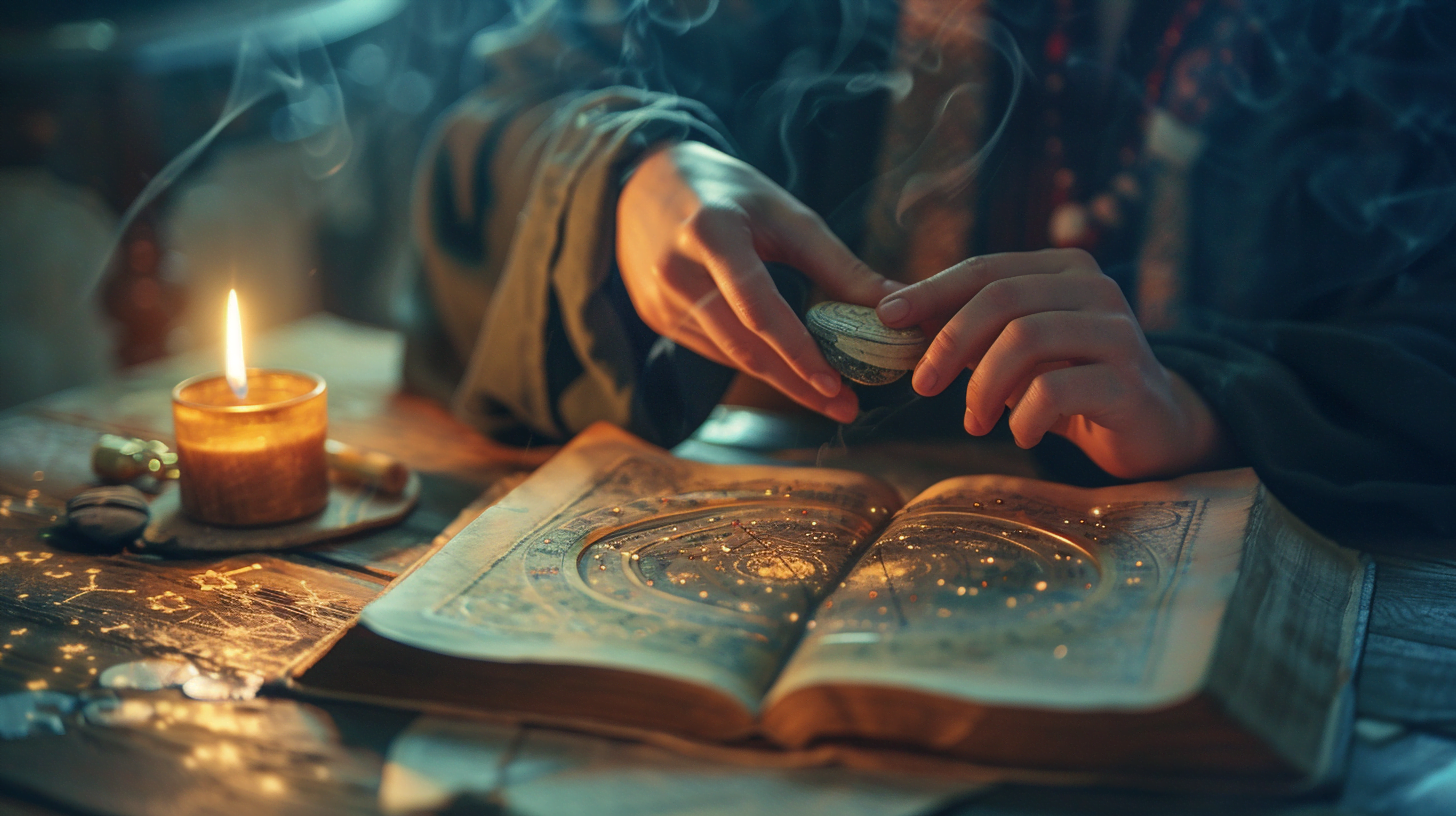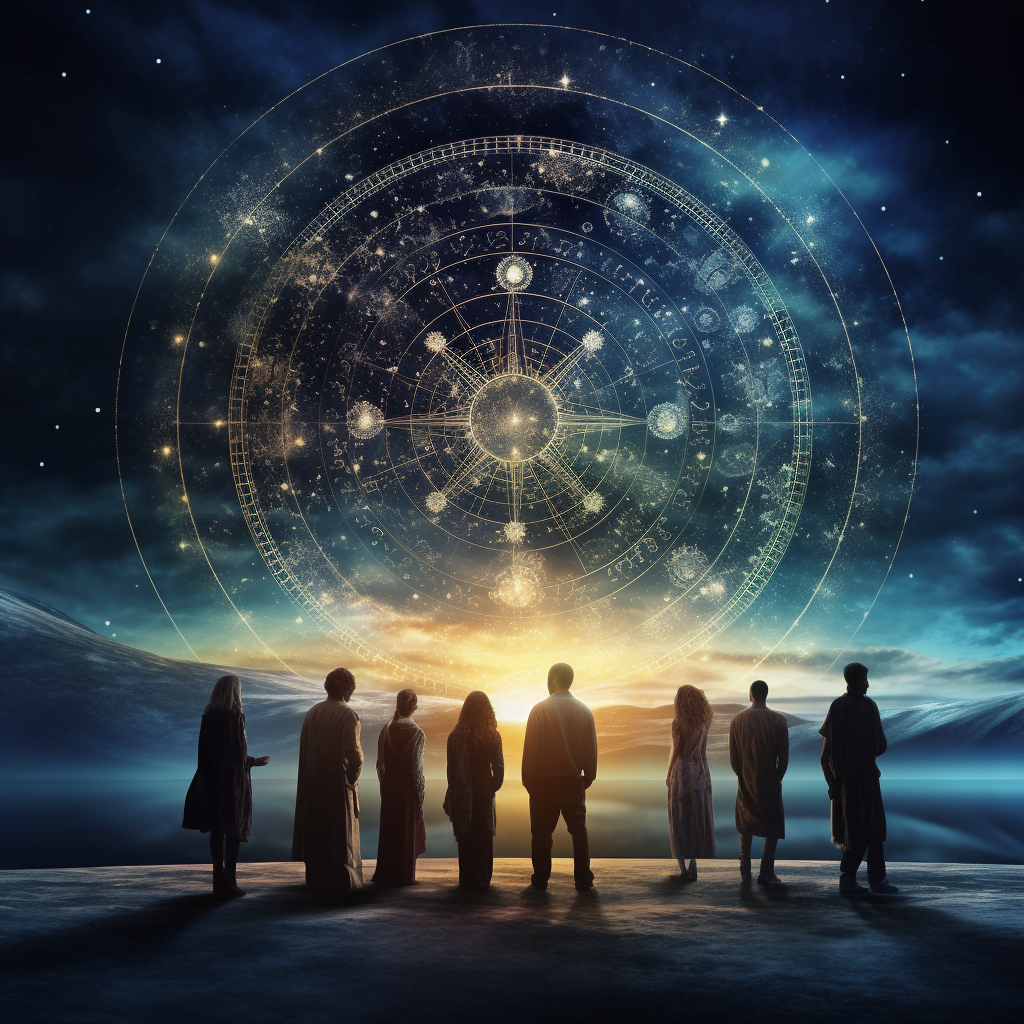In this article, I will explore the fascinating topic of the worship of stars in various cultures. Throughout history, humans have been enamored by the celestial bodies that adorn the night sky. From ancient civilizations to modern societies, the stars have held a significant place in cultural belief systems. Astrology, with its connection to the zodiac, has often been intertwined with this reverence for the stars. Join me as we delve into the diverse cultures that hold the stars in high regard and examine the ways in which they worship and interpret these celestial entities.
Exploring Cultural Beliefs: Worship of the Stars
Introduction to Worship of the Stars
Definition of Worship of the Stars
Worship of the stars, also known as stellar worship, refers to the belief and reverence given to celestial bodies, particularly the stars, as divine or influential entities. This cultural practice has been prevalent throughout history and embodies a deep connection between humanity and the cosmos. Worship of the stars involves various rituals, interpretations, and practices that aim to seek guidance, understanding, and insight from the celestial bodies.
Historical Significance of Worship of the Stars
The worship of the stars dates back to ancient civilizations, where astronomy and astrology were highly regarded. The early humans observed the movements of the stars and recognized their patterns, attributing them with cosmic significance. This belief in the influence of celestial bodies on human life led to the development of astrology, an intricate system that sought to interpret and predict the impact of stars and planets on the everyday lives of individuals. Across different cultures and time periods, the worship of the stars has played a crucial role in shaping religious and spiritual beliefs, guiding decision-making, and understanding the nature of the universe.
Astrology and its Role in Worship of the Stars
Explanation of Astrology
Astrology, a key component of the worship of the stars, is the study and interpretation of the movements and positions of celestial objects to determine their influence on human behavior and events. By analyzing the positions of planets at the moment of an individual’s birth, astrologers believe they can provide insight into various aspects of a person’s life, including personality traits, relationships, and future events. Astrology encompasses a complex system of charts, horoscopes, and symbols that aid in deciphering the celestial messages and their implications for human existence.
The Zodiac and its Influence
The zodiac, a fundamental aspect of astrological belief, is a band of constellations divided into twelve equal parts, each representing a specific astrological sign. It is within these signs that the planets move, influencing the characteristics and destinies of individuals born under them. Each zodiac sign possesses unique attributes that shape an individual’s personality and destiny, determining their compatibility with other signs and providing insight into their life’s purpose. The study of the zodiac and its influence is fundamental to the practice of astrology and the worship of the stars.
Ancient Cultures that Worshiped the Stars
Babylonian Astrology
One of the earliest known cultures to engage in the worship of the stars was ancient Babylon. Babylonian astrology, rooted in the belief that the gods communicated through celestial bodies, was heavily intertwined with religious practices and mythological narratives. The Babylonians developed extensive celestial maps, recorded astronomical observations meticulously, and associated specific deities with various celestial phenomena. The worship of the stars played a central role in Babylonian religion and influenced their societal and governmental affairs.
Egyptian Astrology
In ancient Egypt, the worship of the stars held great significance, particularly in the context of religion and the afterlife. The Egyptians associated different gods and goddesses with particular celestial bodies, and their beliefs incorporated the concept of divine kingship, with the pharaohs being the living representatives of these deities. Astrological knowledge was used to determine auspicious occasions, plan agricultural activities, and navigate the journey to the afterlife, where the stars held a celestial role in the judgment of souls.
Greek Astrology
Greek astrology, heavily influenced by Babylonian and Egyptian practices, emerged as a distinct tradition in classical antiquity. The Greeks sought to interpret celestial phenomena through a philosophical lens, attributing deeper significance to the movements of the stars. Greek astrologers developed astrological techniques such as charting birth horoscopes and forecasting future events. The worship of the stars played a crucial role in Greek society, influencing decisions regarding personal relationships, politics, and even warfare.
Mayan Astrology
The ancient Maya civilization possessed an intricate and sophisticated understanding of astronomy and astrology. Mayan astrology was intricately tied to their religious beliefs and calendar system. The Maya developed a complex calendar based on celestial observations, combining solar and lunar cycles with planetary alignments. They believed that the positions of celestial bodies influenced human destiny, and astrology served as a vital tool for divination, guiding crucial decisions and ceremonies.
Modern Cultures that Worship the Stars
Indian Astrology
In Indian culture, astrology, known as Jyotish, has been an integral part of daily life for centuries. Indian astrology draws heavily from ancient Vedic texts and beliefs, incorporating the influence of the planets and stars on human destiny. Astrologers in India create detailed birth charts, known as Kundalis, that offer comprehensive insights into an individual’s life. The worship of the stars in Indian culture extends to religious practices, where specific deities associated with celestial bodies are revered and worshipped.
Chinese Astrology
Chinese astrology has a rich history and remains an essential part of Chinese cultural practices. Rooted in Taoist and Confucian beliefs, Chinese astrology places great emphasis on the interactions between celestial bodies and the seasons, offering valuable insights into an individual’s personality traits and compatibility with others. The worship of the stars plays a significant role in Chinese New Year celebrations, where zodiac signs are assigned to each year, determining the characteristics and fortunes of individuals born during that period.
Native American Astrology
Native American astrology, deeply rooted in the spiritual beliefs of various tribes, emphasizes the connection between humans, animals, and the cosmos. Different tribes possess unique astrological systems, often associated with animals or natural elements. Native American astrology focuses on the spiritual aspects of celestial bodies, considering them as guides and teachers. Worship of the stars in Native American culture involves rituals, ceremonies, and practices that seek harmony and balance with nature and the cosmos.
Astrology in Western Culture
Astrology has persisted in Western culture as well, albeit often with varying degrees of belief and skepticism. In Western astrology, which emerged from Hellenistic and Roman influences, horoscope interpretations based on zodiac signs prevail. Many individuals in Western societies consult astrologers or engage with horoscope columns to gain insights into their personal lives, relationships, and career choices. The worship of the stars in Western culture is often intertwined with entertainment, self-reflection, and personal growth.
Common Beliefs and Practices in Worship of the Stars
Belief in Divine Influence of the Stars
Across cultures, the worship of the stars is rooted in the belief that the celestial bodies possess divine or spiritual influence over human affairs. Whether as direct manifestations of gods and goddesses or as symbols of transcendence, the stars are seen as conduits of cosmic energy that shape human destiny.
Understanding Birth Charts
A significant aspect of the worship of the stars is the creation and interpretation of birth charts. Birth charts, also known as natal charts, map out the positions of celestial bodies at the moment of an individual’s birth. These charts provide astrologers with a blueprint of an individual’s life, offering insights into their personality, relationships, and potential life events.
Astrological Predictions and Guidance
Astrologers and diviners who practice the worship of the stars provide predictions and guidance based on astrological interpretations. By analyzing the positions of celestial bodies, astrologers claim to predict and guide individuals through various aspects of life, including love, career, and personal growth. These predictions may offer reassurance, guidance, or inspiration to believers in the power of the stars.
Role of Astrologers and Diviners
Astrologers and diviners play a crucial role in the worship of the stars. They possess specialized knowledge and skills to interpret celestial phenomena and offer insights into their impact on human lives. In many cultures, astrologers are highly respected and sought-after advisors, guiding decision-making processes and providing spiritual and emotional support.
The Cultural Significance of Worship of the Stars
Connection to Mythology and Deities
The worship of the stars often intertwines with mythology and the veneration of deities associated with specific celestial bodies. Through myths and legends, cultural beliefs surrounding stellar worship are reinforced, linking celestial phenomena with human experiences and divine influence. Stars and planets are sometimes personified as gods and goddesses, adding depth and spiritual significance to the worship of the stars.
Impact on Daily Lives and Decisions
Believers in the worship of the stars often consult astrology to gain insights into their daily lives and make decisions. The influence of the stars is believed to guide personal relationships, career choices, and even mundane tasks. The cultural significance of stellar worship lies in its ability to provide individuals with a sense of purpose, direction, and connection to the cosmos.
Reflection of Cultural Values
The worship of the stars reflects the cultural values and beliefs of a society. The significance placed on celestial bodies and astrology varies across cultures, reflecting their unique perspectives, priorities, and explanatory frameworks for the mysteries of life. The profound influence of the stars on culture can be seen in the integration of astrological beliefs and practices into social, religious, and artistic aspects of society.
Criticism and Skepticism surrounding Worship of the Stars
Scientific Perspectives on Astrology
Astrology has long faced criticism from the scientific community due to its lack of empirical evidence and reliance on ancient practices. Scientific perspectives dismiss astrology as a pseudoscience, arguing that the astrological interpretations and predictions lack scientific rigor and are primarily based on subjective beliefs rather than objective observations.
Ethical Concerns
Critics of the worship of the stars raise ethical concerns regarding the potential exploitation of vulnerable individuals seeking guidance or reassurance. Skeptics argue that astrologers and diviners might take advantage of people’s belief in the stars to manipulate or deceive them for personal gain. Additionally, there are concerns about the promotion of fatalistic thinking and the abdication of personal responsibility that some argue may arise from overly relying on astrological predictions.
Contemporary Debates on Worship of the Stars
Astrology as a Pseudoscience
The classification of astrology as a pseudoscience remains a contentious topic among scholars and practitioners. While many scientists dismiss astrology, some argue for its recognition as a cultural phenomenon deserving of academic study. The debate centers around the scientific verifiability of astrological claims and the potential psychological and sociological effects it has on individuals and society.
Astrology and Personal Empowerment
Advocates of the worship of the stars emphasize its potential for personal empowerment and self-reflection. They argue that astrology provides individuals with a framework to understand themselves better, make informed choices, and navigate life’s challenges. Proponents of this perspective often highlight the various positive impacts astrology has on individuals’ well-being and self-understanding.
Conclusion
The worship of the stars is a fascinating cultural phenomenon that has influenced countless civilizations and societies throughout history. Whether ancient or modern, this belief system reflects humanity’s enduring fascination with the cosmos and its desire for connection, guidance, and self-understanding. While the scientific community remains skeptical, the cultural significance and ongoing debates surrounding the worship of the stars demonstrate its enduring impact on human culture and its rich potential for exploration and interpretation.


